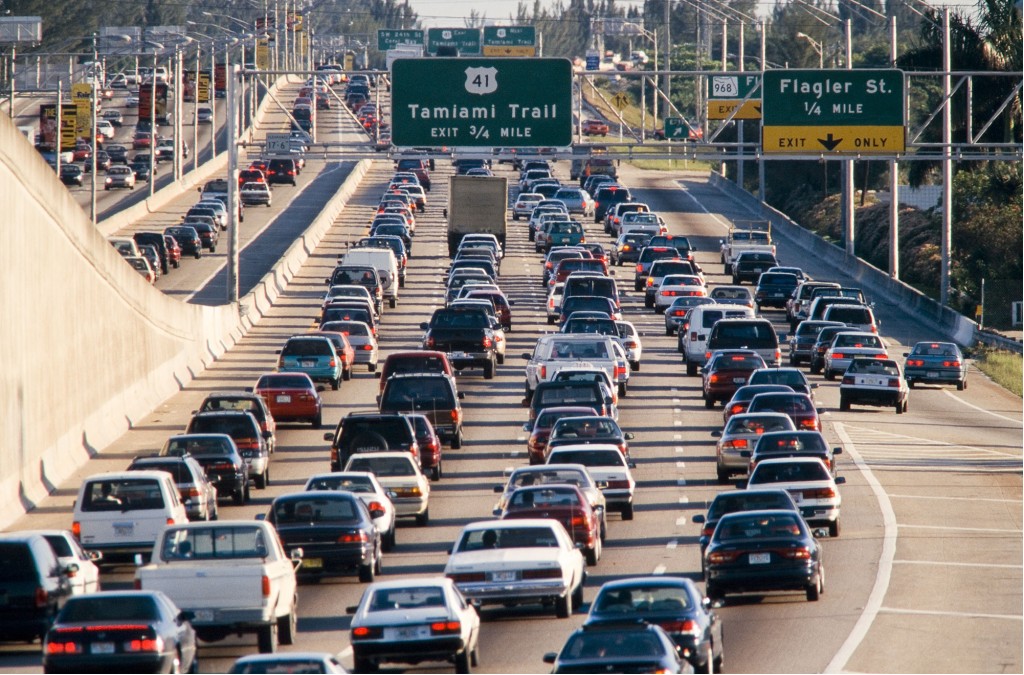
Traffic
Professor Stephen Glaister, RAC Foundation director and author of a recent report titled 'Government and Paying for England's Roads', believes a pay-as-you-go system is inevitable for the future of roadway funding and traffic management. His proposal suggests introducing fees to motorists for driving on the roads they already use. Like taxes and tolls, the fees would help cover the costs of road maintenance and expansion.
Professor Glaister believes the plan will not only benefit the government, but also the drivers. He has highlighted the most significant problems that his proposal would address:
• A lack of vision for the road network
• A 33% increase in traffic by 2025 because of population growth and economic recovery
• An associated increase in congestion and unreliable journey times
• An imperative to meet targets for cutting carbon emissions from road transport
• Reduced spending on road infrastructure because of financial and political constraints
• A significant fall in fuel duty revenue as cars become more fuel efficient and increasingly use ultra low carbon fuels such as electricity
In order to keep things relatively fair, these charges would be based on location, driver usage, and possibly income. Again, the plan would mimic taxation we are already used to. In addition to providing better funding for the nation's roads, a reduction in traffic wouldn't be a surprising side-effect.
If I knew I'd have to pay for each mile I drove, I'd definitely think twice about making extra trips. I'm certain I'd make an effort to carpool with coworkers too. I would benefit from combining errands and being more conservative about planning social activities. If others did the same, traffic would probably diminish noticeably.
As much as this seems like a good way to manage excessive traffic, it sounds a bit like the cellphone service providers to me. Ask for more money to supposedly beef up the network, then clamp down on the amount of data we're allowed to use. Maybe I'm just a bitter iPhone user...
[RAC Foundation via Autocar]